
.png)

.png)


The SNSF-PRIMA-funded project “Urban Bricolage. Mining, Designing and Constructing with Reused Building Materials” investigates the emerging circular economy of building materials in four European countries: Switzerland, Austria, Italy and Poland.
The project enquires into the practical problems that scrap dealers, middlemen, architects, engineers, digital experts, company owners, and carpenters face when working with reused materials.
In an innovative manner, this project combines architectural debates on the ecological requirements, technical possibilities, aesthetic reconfiguration, and material transformability of reused materials with an anthropological approach.
Beyond the academic relevance, the team engages in academic and public activities to foster reuse practices in Switzerland and beyond.





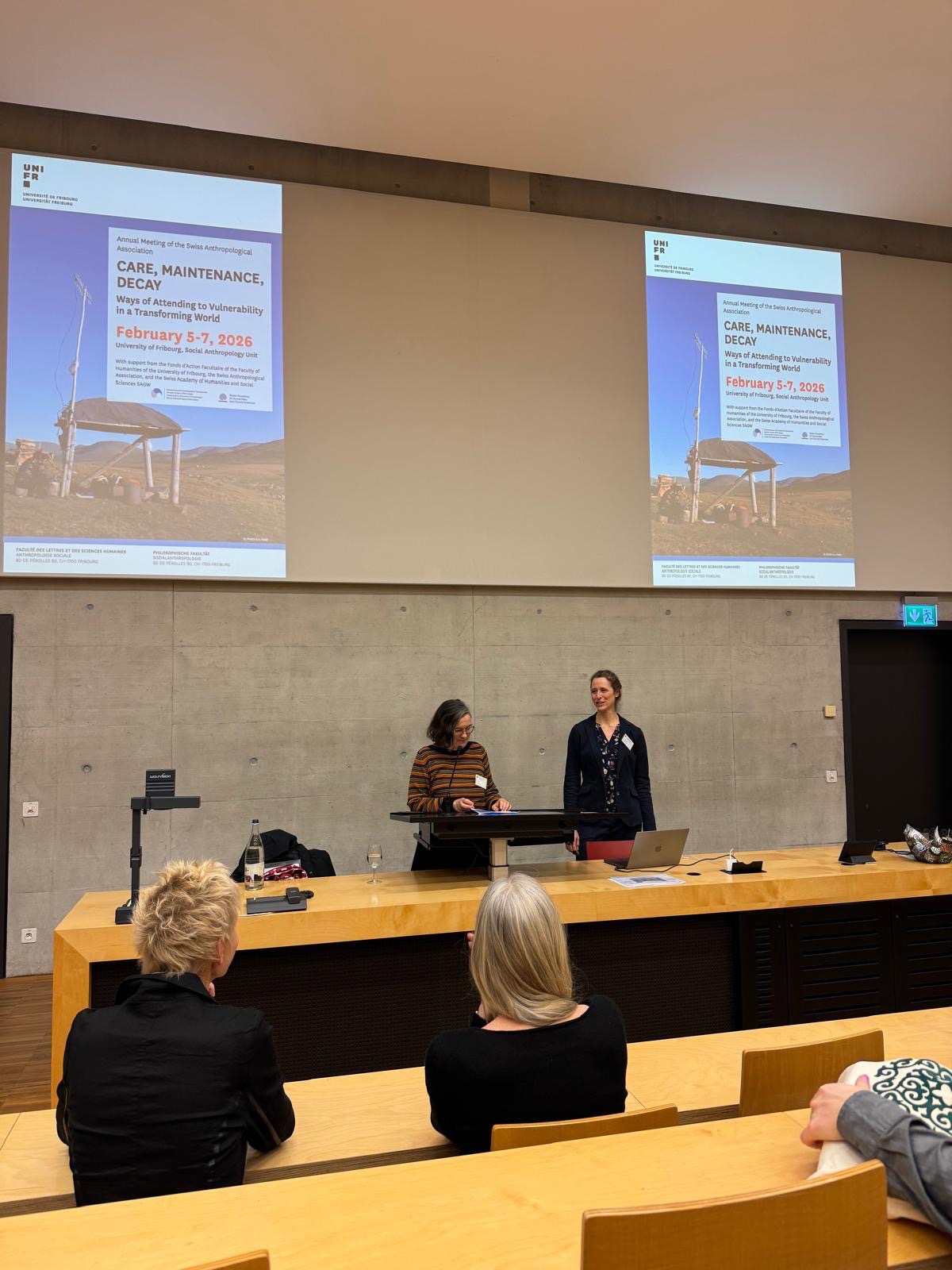
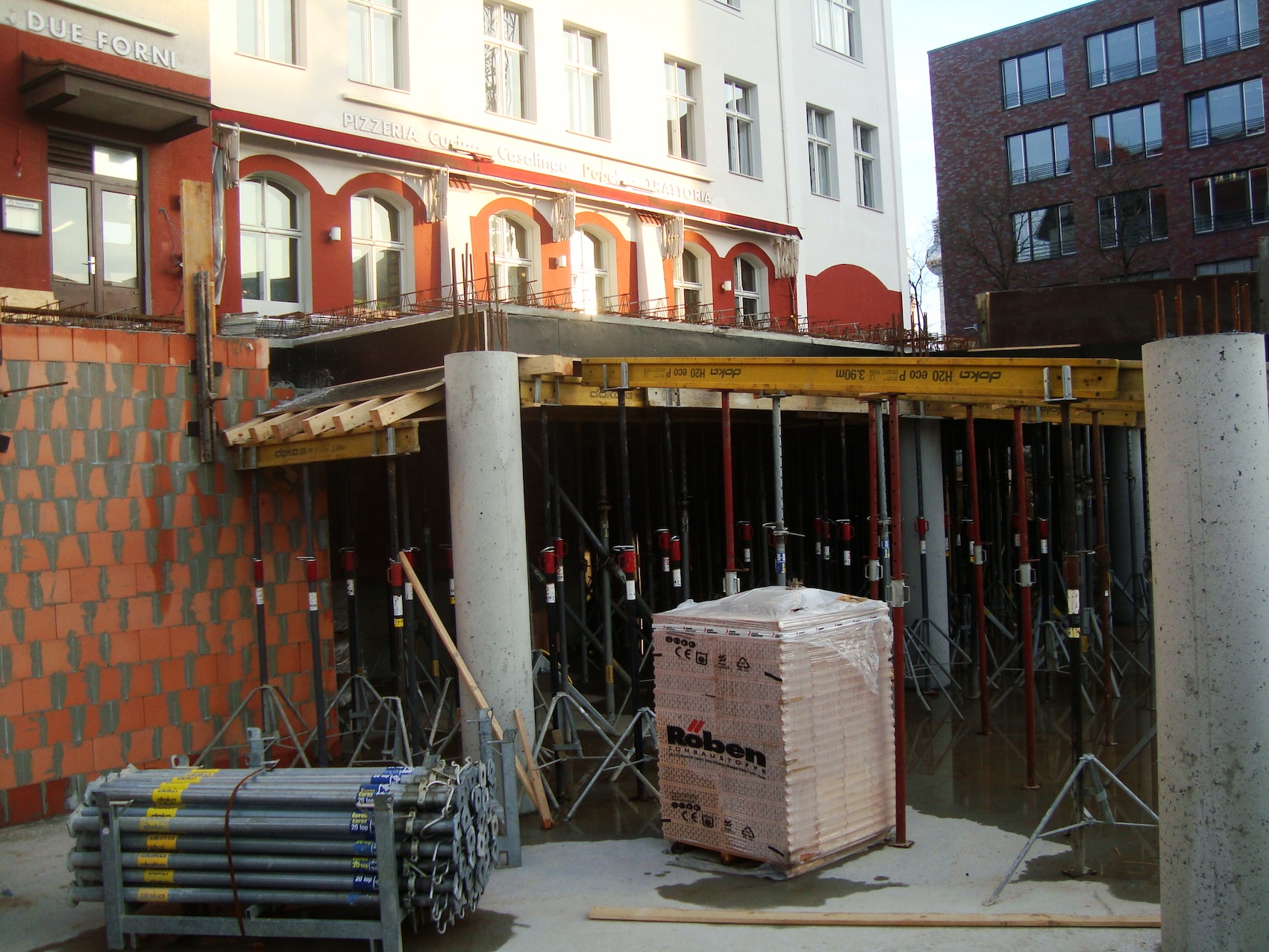
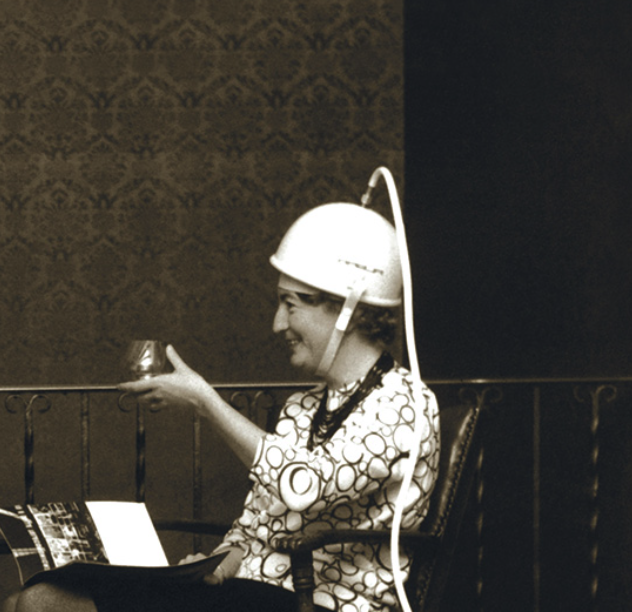


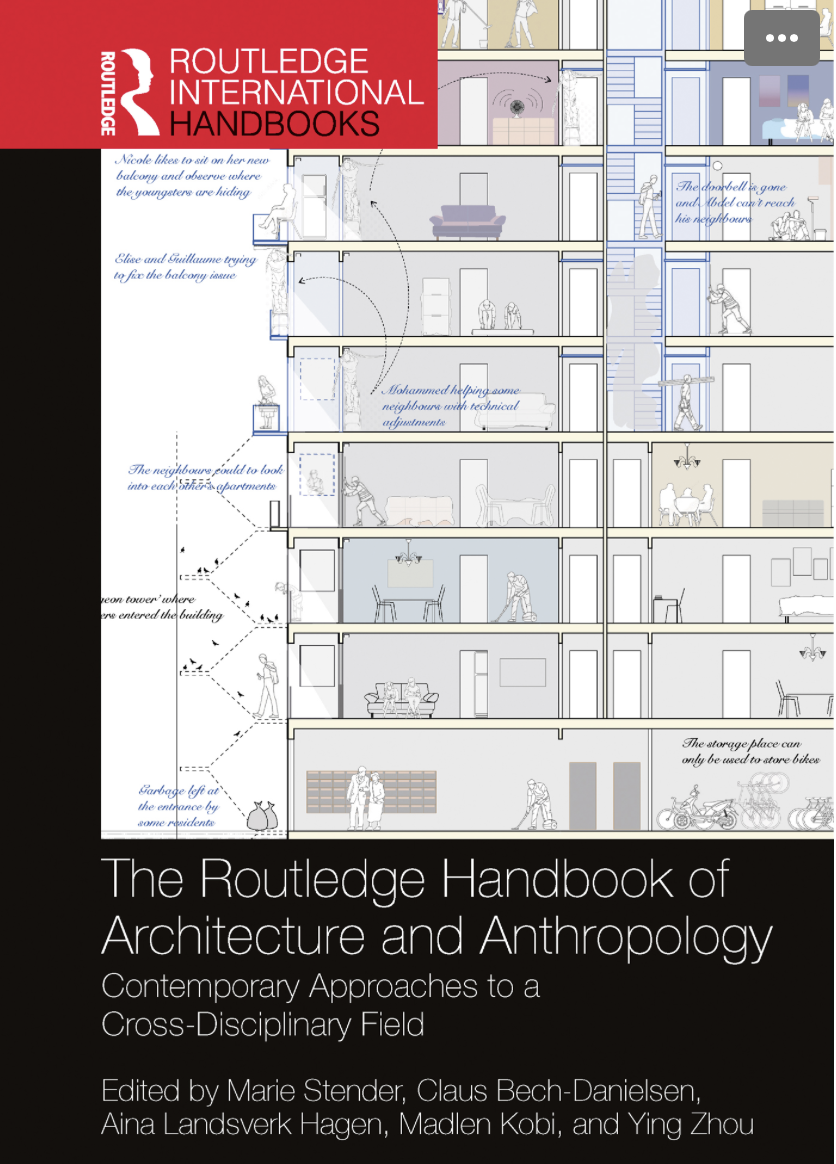
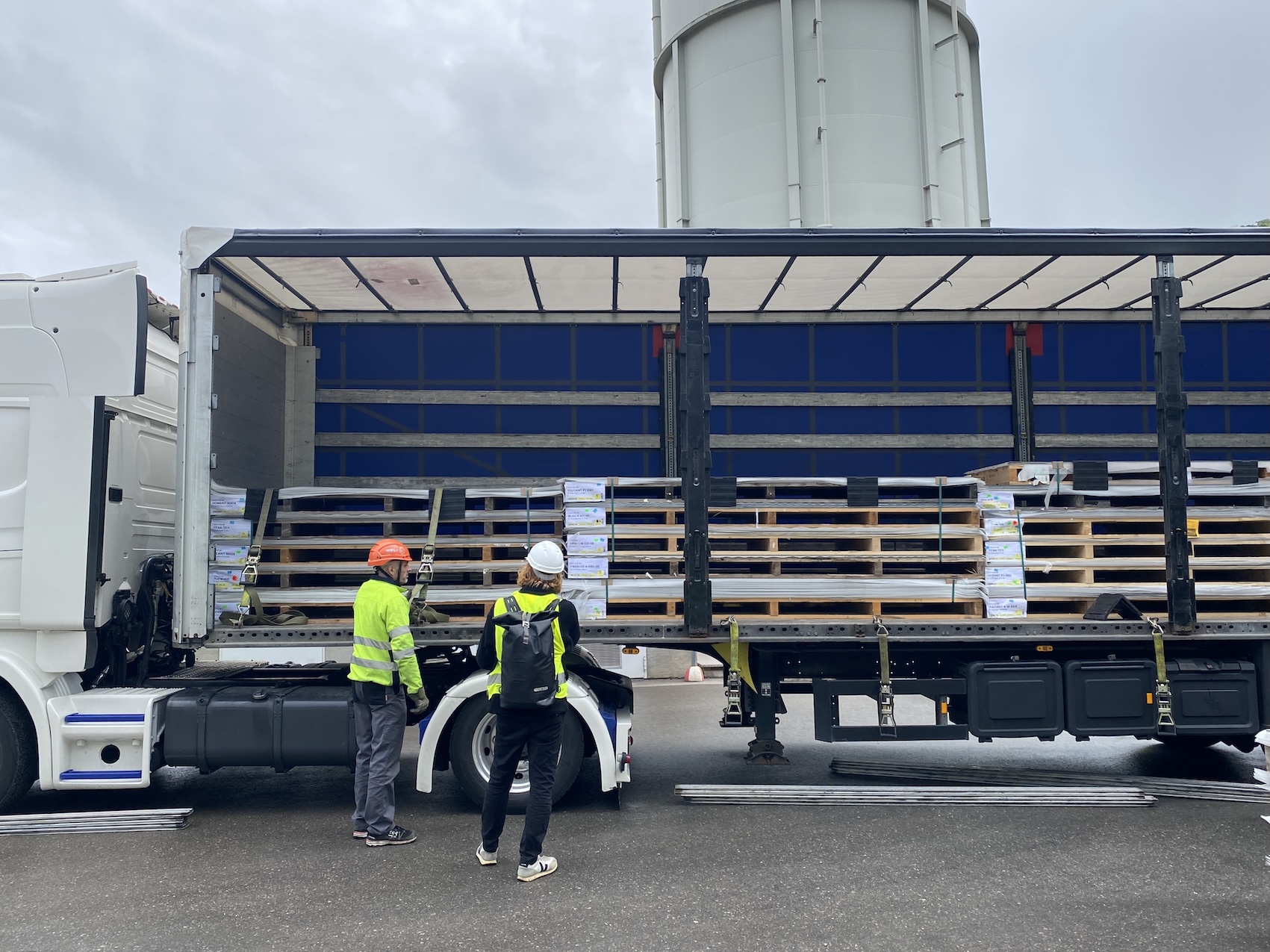


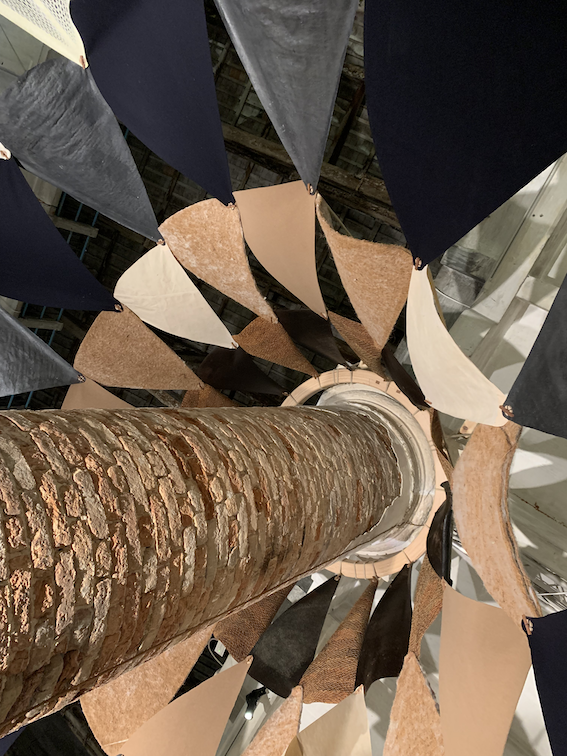
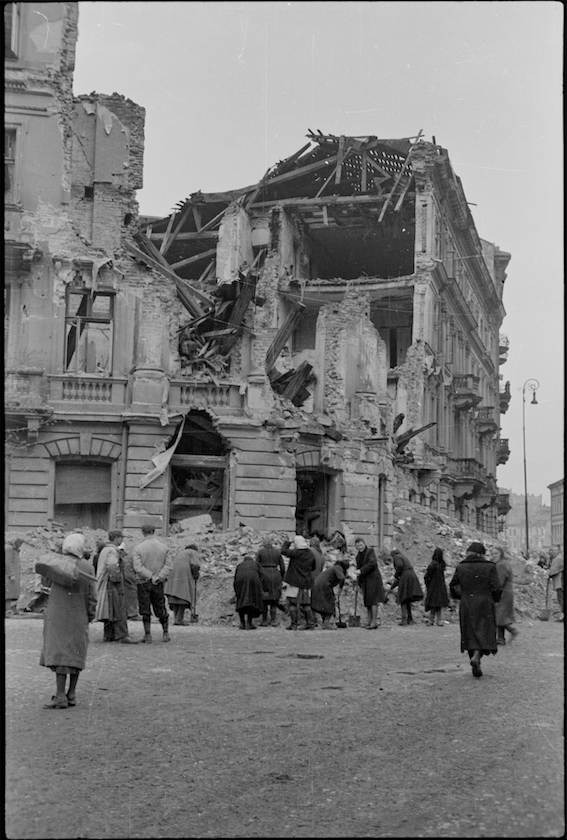

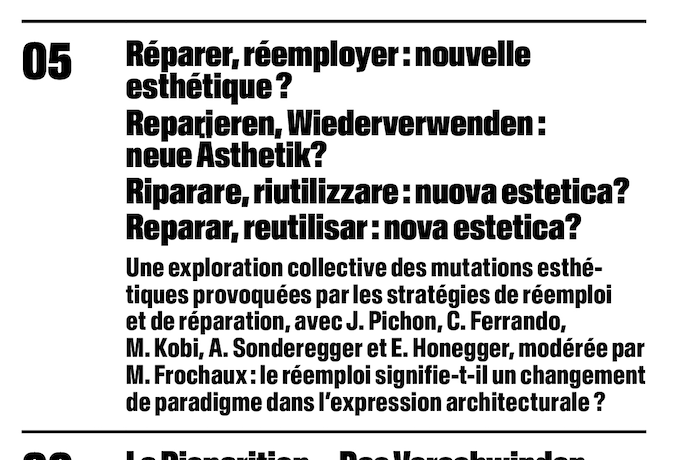






















































The rich text element allows you to create and format headings, paragraphs, blockquotes, images, and video all in one place instead of having to add and format them individually. Just double-click and easily create content.
A rich text element can be used with static or dynamic content. For static content, just drop it into any page and begin editing. For dynamic content, add a rich text field to any collection and then connect a rich text element to that field in the settings panel. Voila!
Headings, paragraphs, blockquotes, figures, images, and figure captions can all be styled after a class is added to the rich text element using the "When inside of" nested selector system.


The rich text element allows you to create and format headings, paragraphs, blockquotes, images, and video all in one place instead of having to add and format them individually. Just double-click and easily create content.
A rich text element can be used with static or dynamic content. For static content, just drop it into any page and begin editing. For dynamic content, add a rich text field to any collection and then connect a rich text element to that field in the settings panel. Voila!
Headings, paragraphs, blockquotes, figures, images, and figure captions can all be styled after a class is added to the rich text element using the "When inside of" nested selector system.



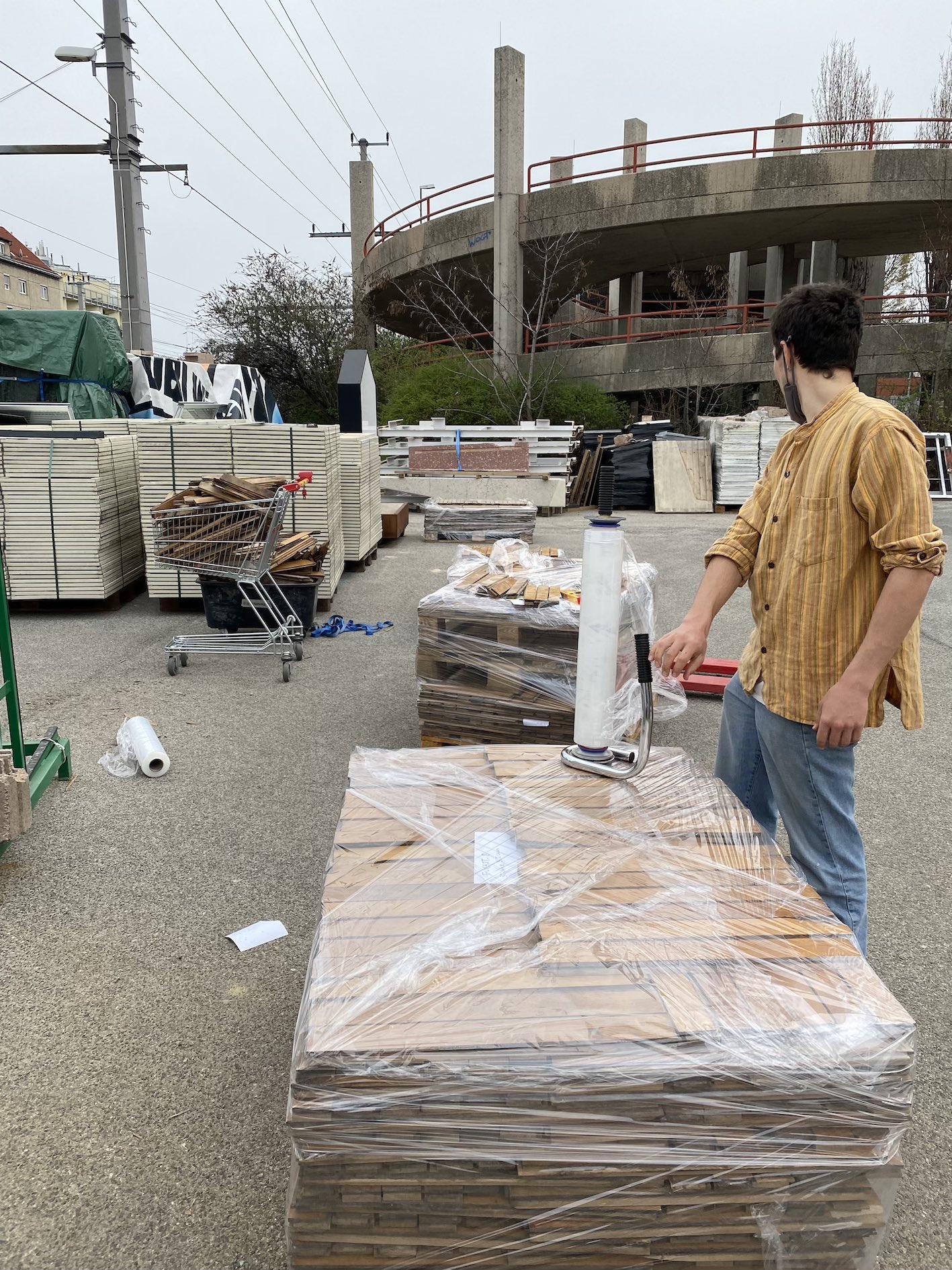
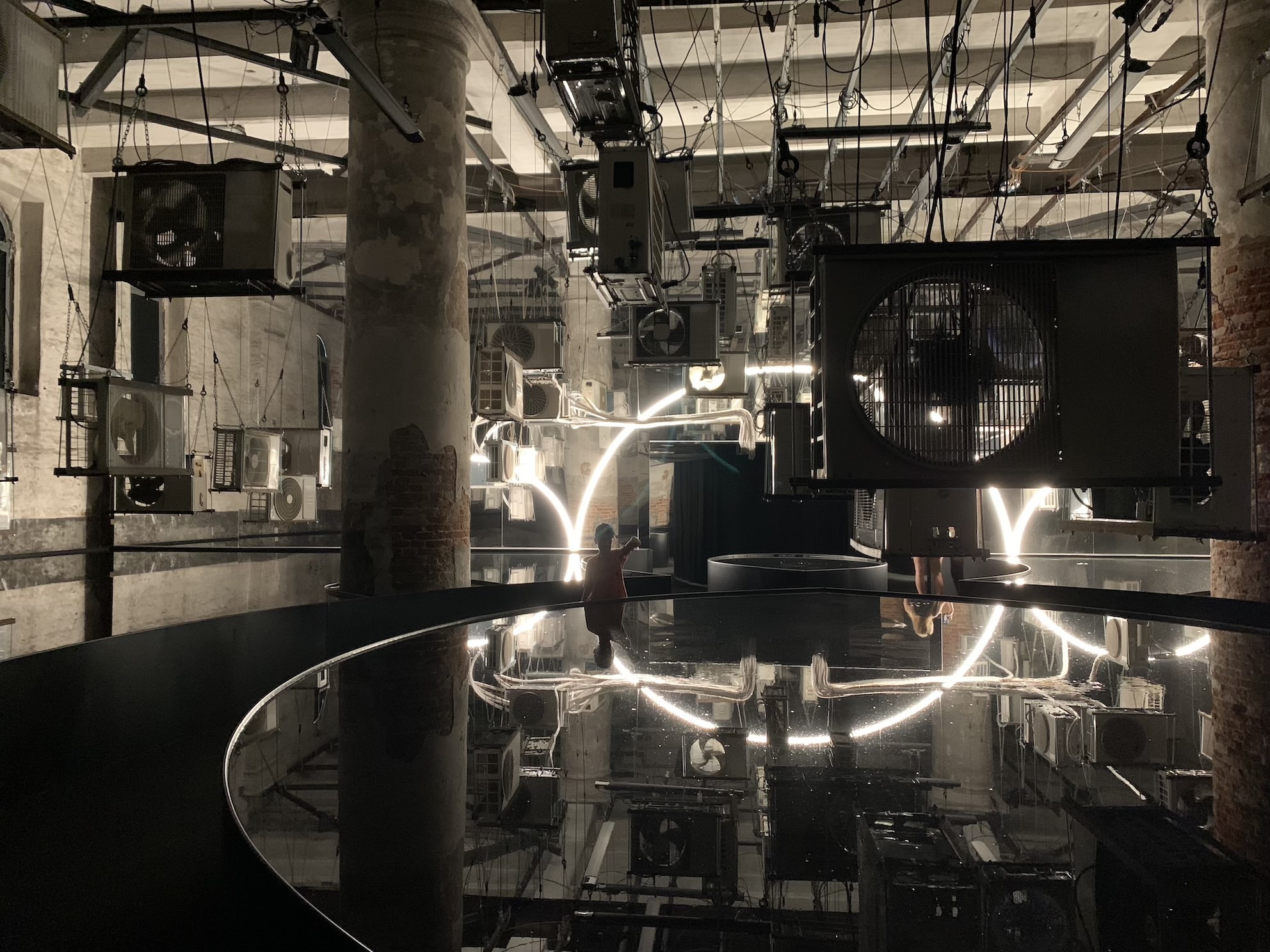
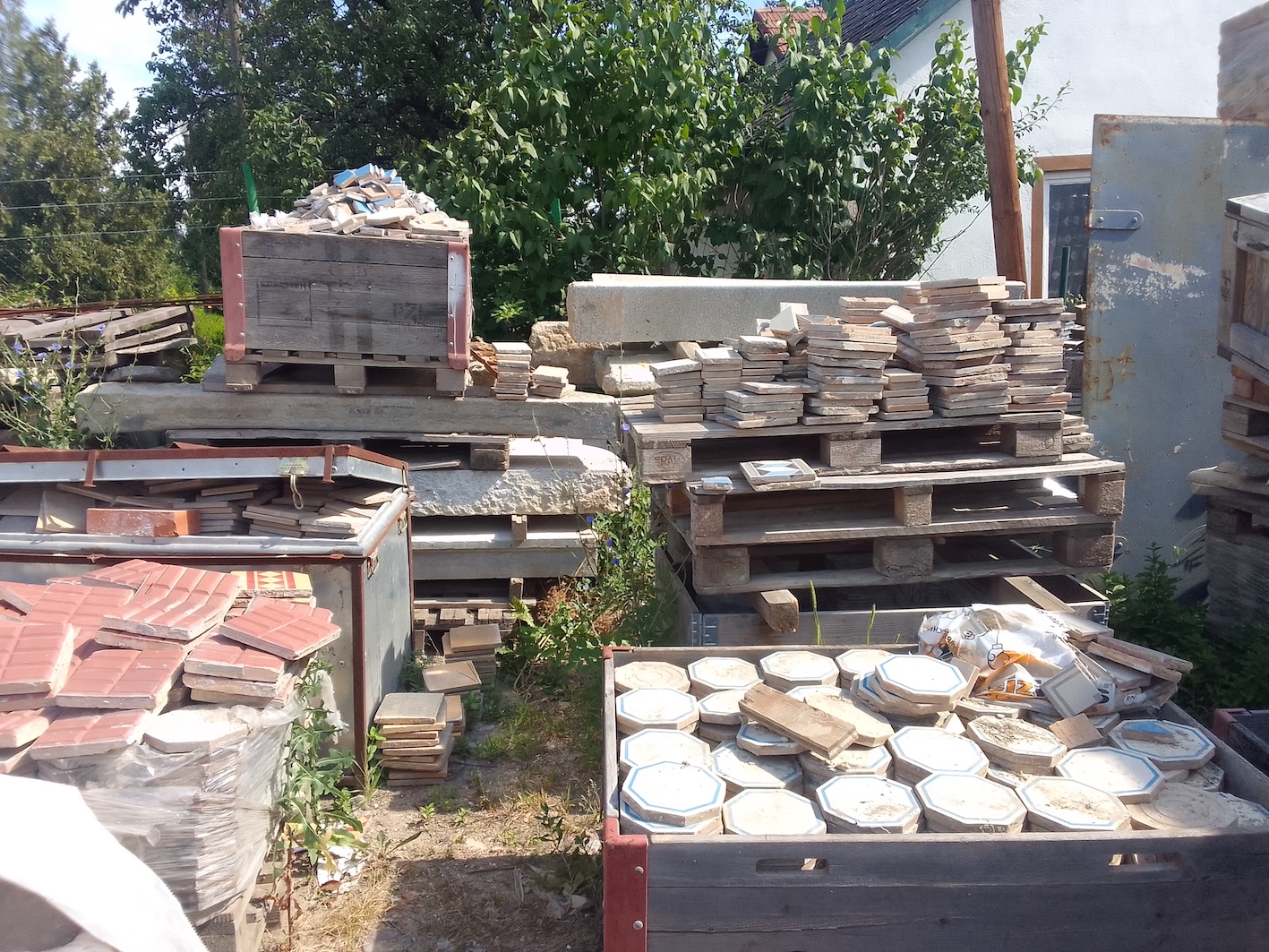

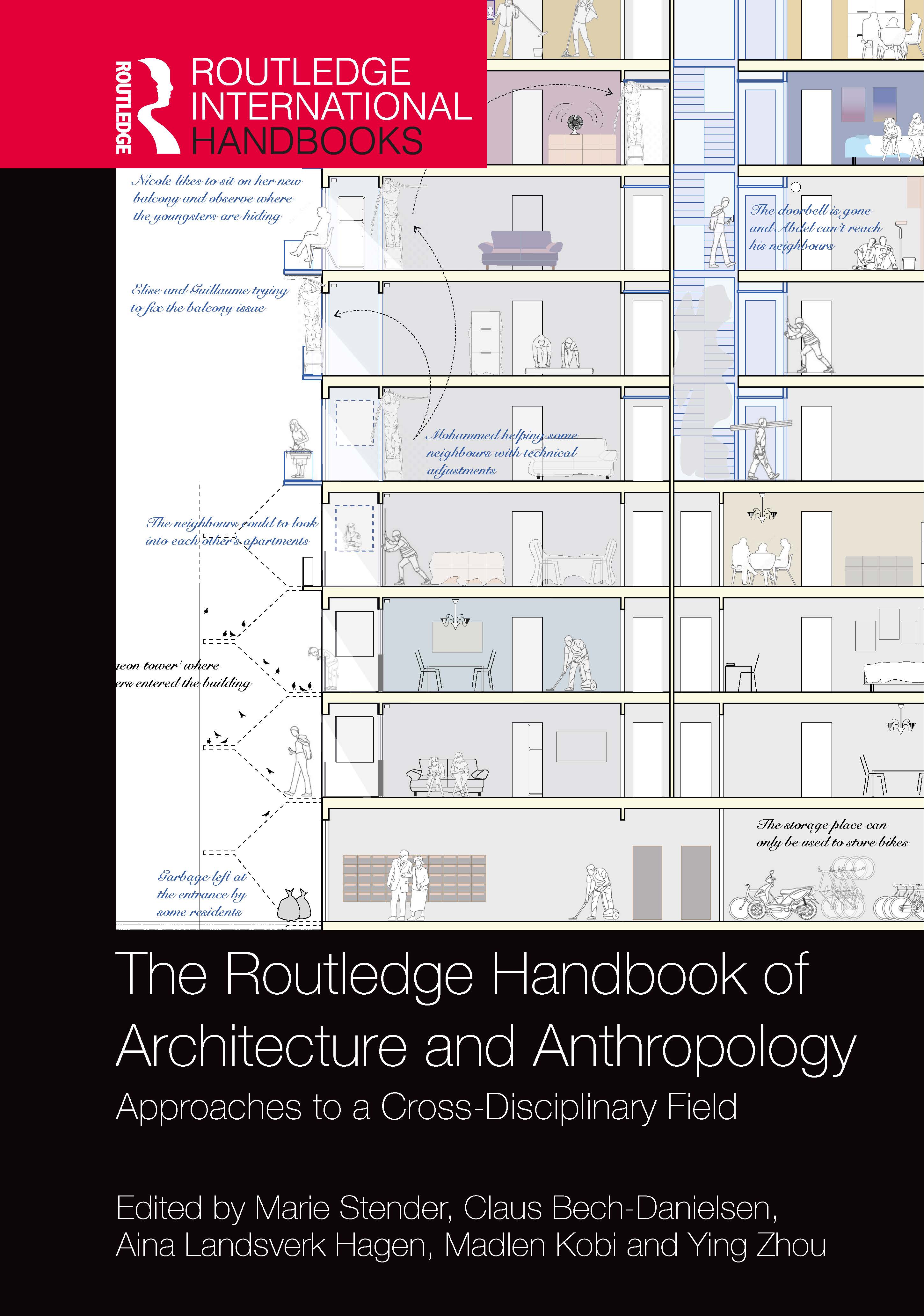
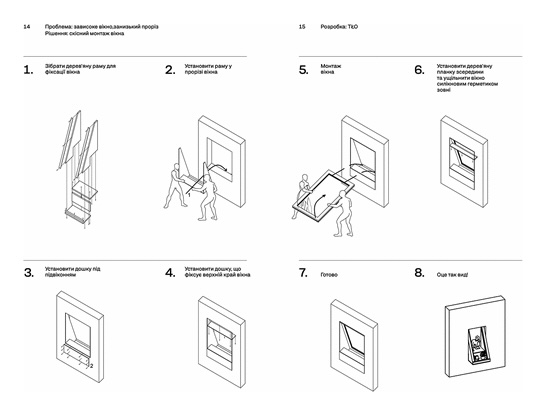
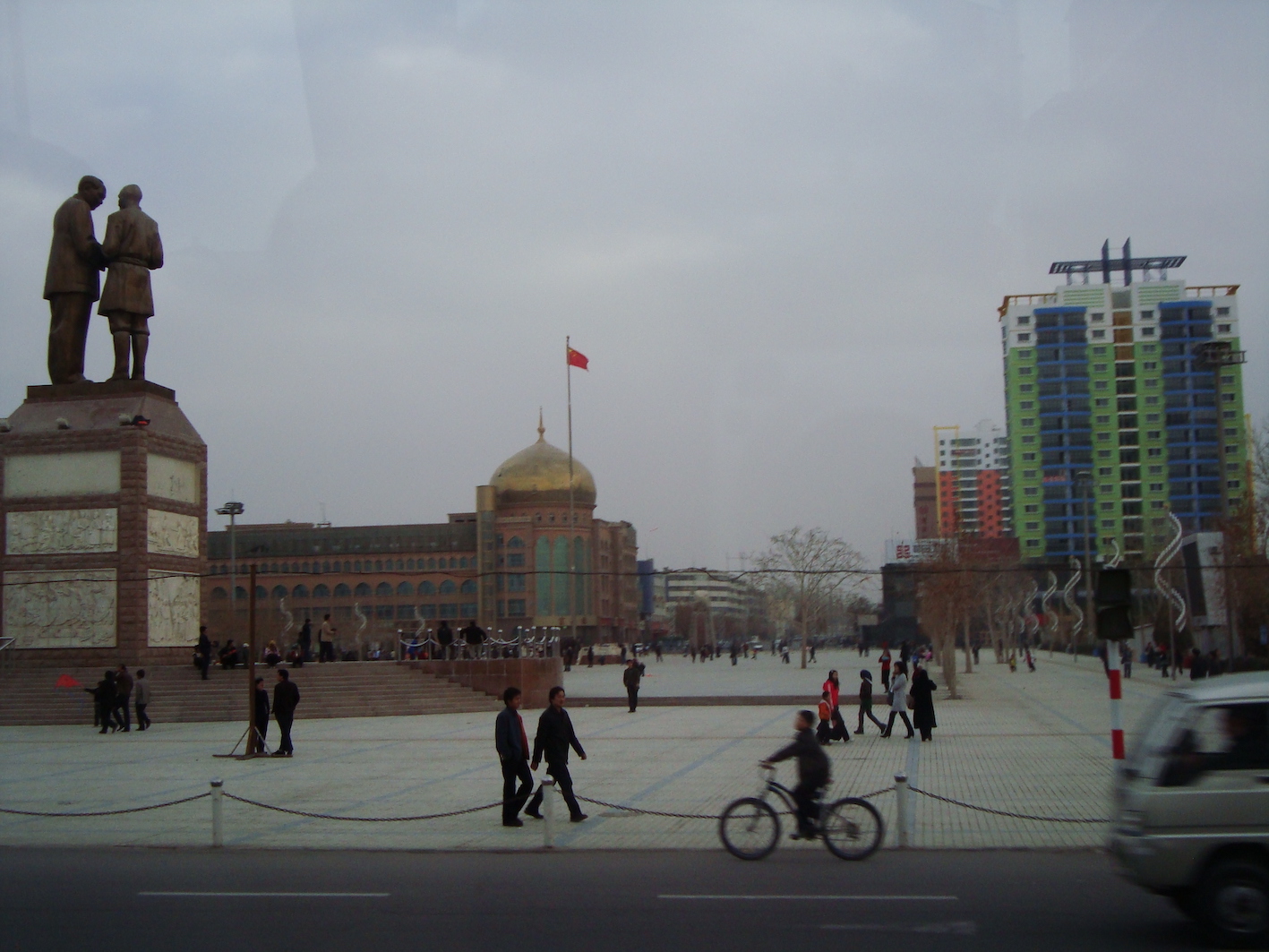
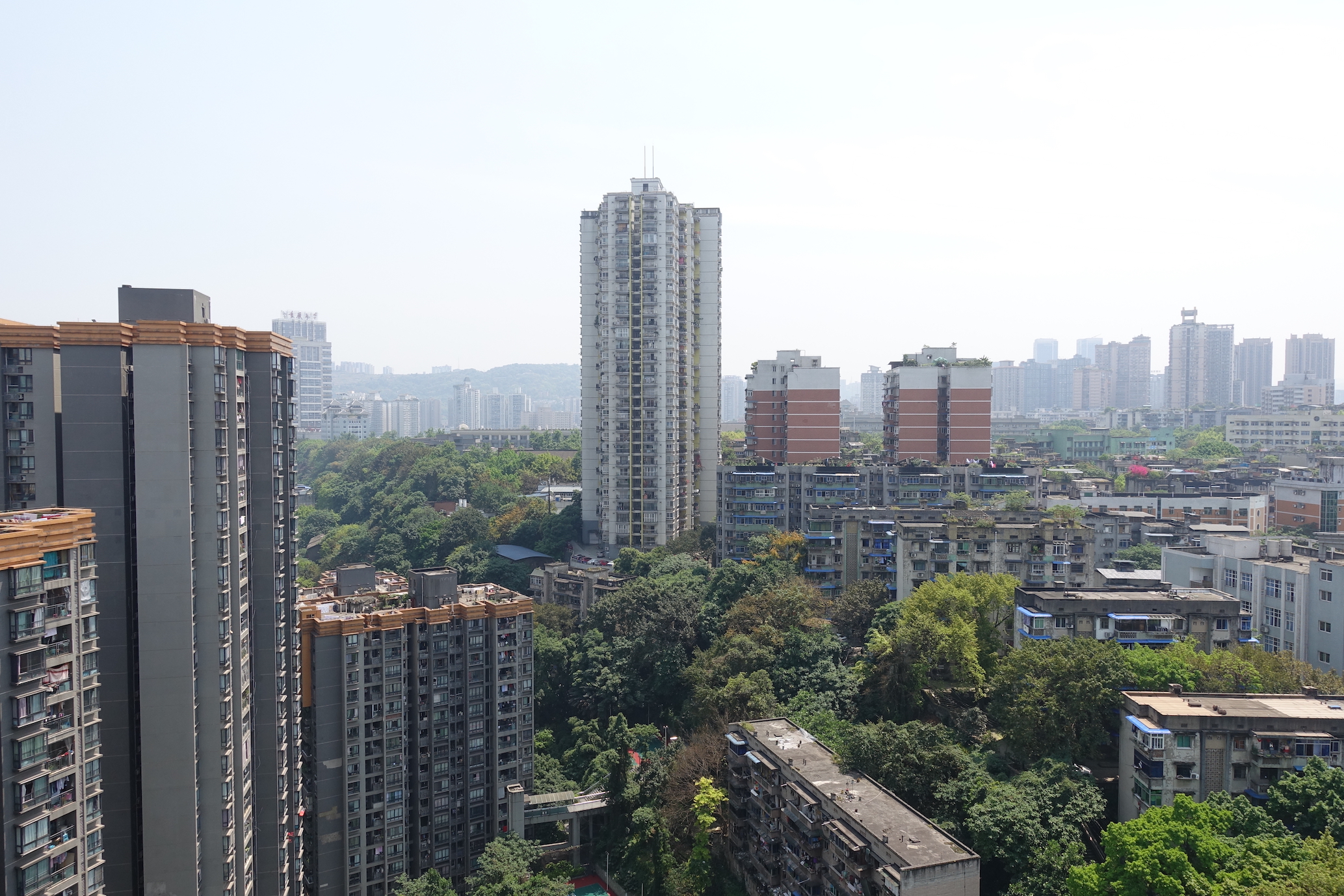







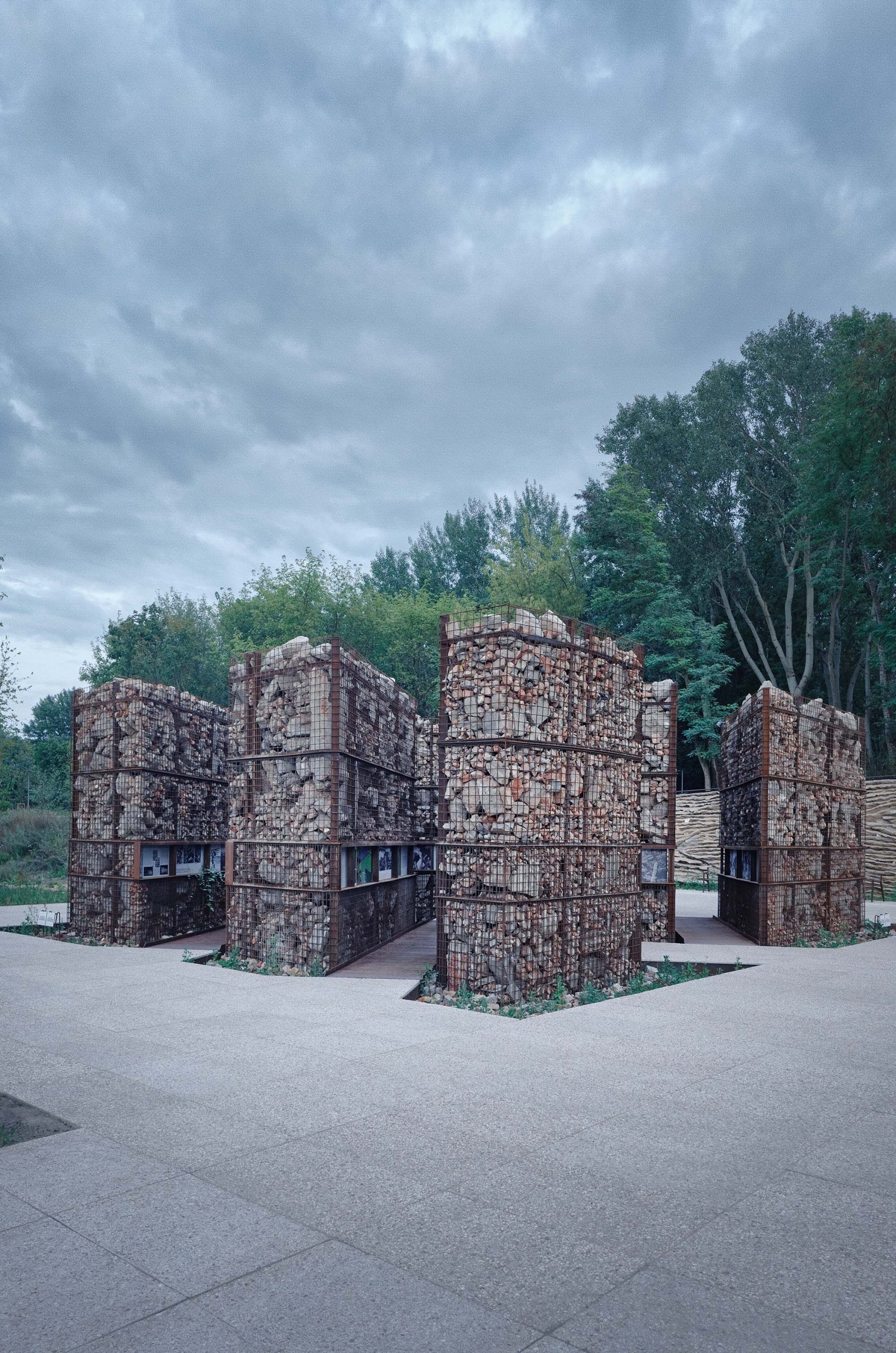











The four team members investigate reuse activities in four European countries (Switzerland, Austria, Italy, Poland). Each subproject ethnographically investigates selected stages of the circular economy through the practices, techniques, and knowledge of the involved actors. This expands existing approaches in circular reuse activities with a detailed understanding of the human energy involved in moving and reusing building components.
Each national context is complemented with a focus on one of four key sites in the reuse circle: reuse company, demolition site, architectural office, and construction site. The team members work on one site, to generate knowledge about the place-specific practices and human–material relationships.




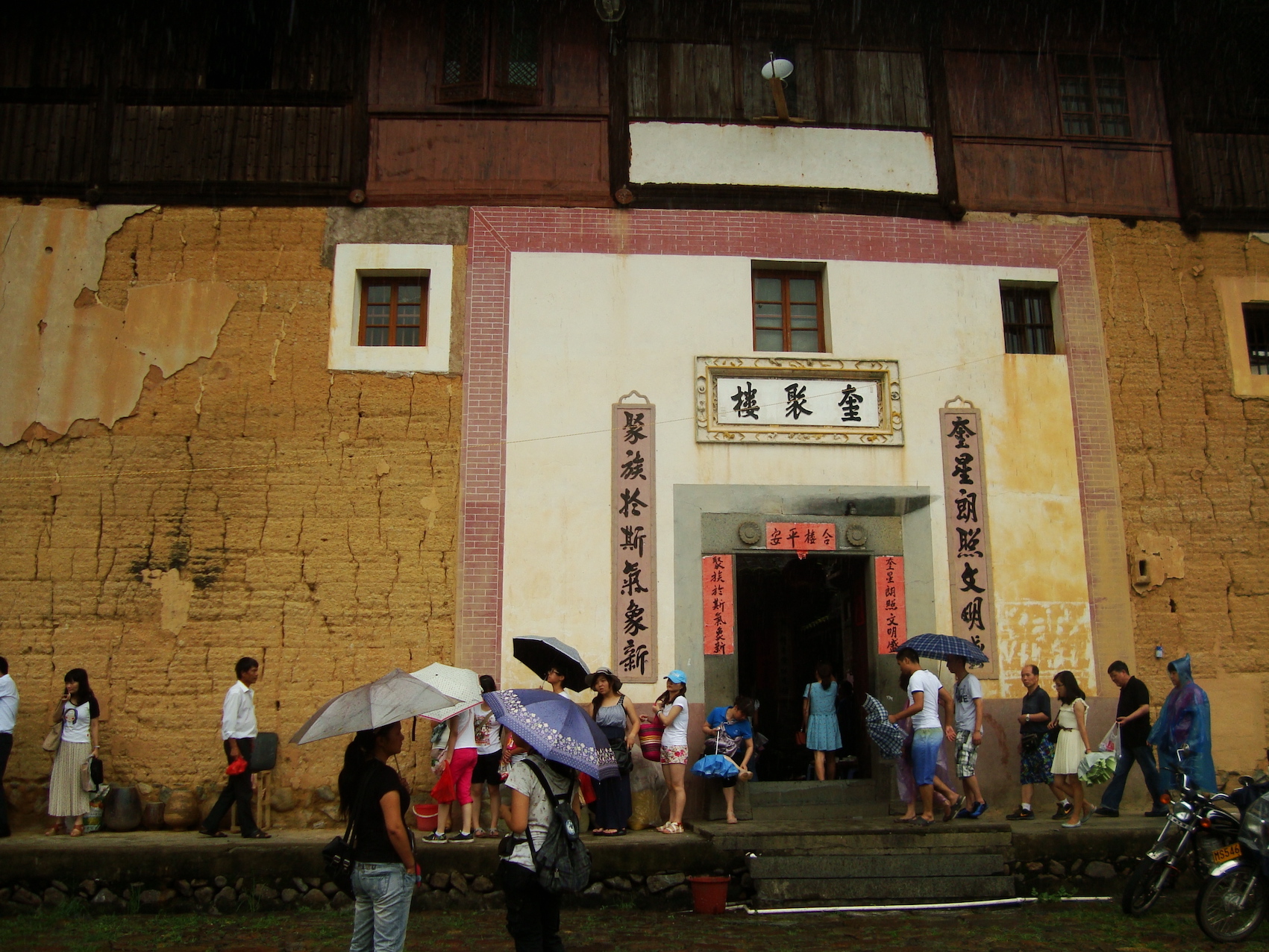
Welche Ideen, Konzepte und Debatten haben die Sozialanthropologie geprägt? Diese Einführungsvorlesung gibt Studierenden einen Überblick über die Disziplin, insbesondere über Teilbereiche (z.B. Politikanthropologie, Religionsanthropologie, Stadtanthropologie, Rechtsanthropologie, Wirtschaftsanthropologie) und Schlüsselbegriffe (z.B. Kultur, Interpretation, Materialität, Ethnizität, Globalisierung, Komplexität, Transnationalismus, Tausch). Die Auseinandersetzung mit der Fachgeschichte führt hin zu aktuellen theoretischen und methodologischen Debatten unserer Disziplin.

Das Seminar «Politische Anthropologie Chinas» wirft einen anthropologischen Blick auf das heutige China und versucht, das Land und die Entwicklungen der letzten zwanzig Jahre mit Hilfe von anthropologischen Ansätzen zu analysieren und interpretieren. Das Seminar hat zwei Hauptziele: Erstens, Basiswissen über das politische System, Religionen und Gesellschaft Chinas zu vermitteln. Und zweitens werden wir wichtige anthropologische Debatten und Konzepte wie Migration, Urbanität, Staat, Nationalismus, Ethnizität, Macht, Umwelt, Konsum und weitere am Beispiel Chinas diskutieren und beleuchten. Der regionale Fokus des Seminars umfasst sowohl die bekannten Megastädte in Zentral- und Ostchina als auch die multiethnisch geprägten Regionen West-, Süd- und Nordchinas. Auch die politischen und gesellschaftlichen Prozesse, die sich entlang der nationalen Grenzen abspielen und die globalen Verflechtungen Chinas werden im Seminar thematisiert und in Bezug auf anthropologische Fragestellungen diskutiert.

The training course is an initiative of the Unit of Social Anthropology of the University of Fribourg (Switzerland) and Kyiv Mohyla Academy in Kyiv. The online lecture series provides perspectives into different theoretical subfields of social anthropology as a science that studies qualitatively current cultural, political and societal developments with the aim to understand their diversity, complexity and interdependencies. The proposed training course is designed to introduce the student community of Ukraine to Western academic anthropological theories, traditions and teaching methodologies. During the course, students learn about methods and approaches that anthropologists use in their work, and the thematic kaleidoscope of lectures will allow them to imagine the thematic horizons that modern anthropology explores. Online lectures will be given primarily by teachers of the Social Anthropology Unit of the University of Fribourg as well as colleagues from other Swiss universities.

Nicht erst seit Bekanntwerden der Existenz des grossen Pazifischen Müllteppichs wird sich die Menschheit bewusst, dass Massenkonsum und Industrialisierung unerwünschte Nebeneffekte für die Umwelt mit sich gebracht haben. Mikroplastik, Abwasser, oder Luftverschmutzung sind nur einige der unzähligen Abfallprodukte des menschlichen Alltags. Die Bezeichnung unseres Zeitalters als «Anthropozän» betont zudem die Komplexität von Mensch-Umwelt-Abfall-Beziehungen. Aus Erdöl entsteht beispielsweise Plastik, daraus wird eine Trinkflasche hergestellt und diese zersetzt sich bei unsachgemässem Wegwerfen in Mikroplastik, das durch die Fische in den menschlichen Nahrungskreislauf gelangt. Menschliche Aktivitäten beeinflussen die «Natur» (also z.B. Geologie, Landschaften, Umwelt) in erheblichem Masse. Mit einem aktionsanthropologischen und sozialkritischen Blick nähern wir uns in dieser Vorlesung den vielfältigen Beziehungen zwischen Menschen und ihrem Abfall. Neben einem theoretischen und historischen Blick auf den sich wandelnden Wert der Dinge und die Einbettung von Produktions- und Wegwerfprozessen in unterschiedlichen gesellschaftlichen und sozialen Kontexten beschäftigen wir uns mit Abfällen unterschiedlicher Art (z.B. Haushaltsabfälle, Bauschutt, Plastik, Altkleider, Food Waste). Thematisiert werden nicht nur individuelle, sondern auch industrielle Prozesse der Abfallproduktion. Dabei fokussieren wir auf die Relevanz von ökonomischen, politischen, sozio-kulturellen und religiösen Faktoren in Mensch-Umwelt-Abfall-Beziehungen.

Research in urban anthropology has long focused on topics such as multiculturality, migration, citizenship, interethnic coexistence or public space use. Recent trends in the subdiscipline go beyond these human-centered approaches as urban life has become the epitome for challenges related to the Anthropocene and global climate change. Desires of urban living (e.g. air-conditioning, car ownership, electronic devices, food provision) come along with an ecological footprint. Anthropologists have engaged, for example, with waste and environmental pollution, carbon emissions, infrastructural inequalities, urban heat or urban floods but also with the ways in which activists develop alternatives to environmental challenges. All these studies critically engage with the intersection of society, environment, and infrastructures in cities. They also re-emphasize the intertwined relations of city and countryside as urban areas depend on the continuous flow of resources from rural areas to sustain the workings and built structures of the city. Power relations and governance define access, distribution and quality of infrastructural services in the fields of electricity, transportation, or housing. While resources from outside are consumed in the city, emissions and pollutions of urban activities often spread beyond urban areas. This workshop theoretically explores human-environment relations in the contemporary city with a particular focus on power relations when responding to ecological challenges related to climate, water, plants, biosphere and resources. Rather than separating society from nature, urban political ecology assumes urban environments to be formed by the social, political and economic context. Anthropological approaches are apt to outline the complex and stratified ways in which urban society affects and interacts with the ecologies surrounding them. Investigating everyday social practices and institutional responses to environmental challenges outlines the varied ways in which people from different places and with different social status contribute to or are affected by the Anthropocene.

This study trip was organized by the Social Anthropology Unit at the University of Fribourg and replaces the originally planned study trip to Haifa, Israel, which had to be cancelled due to the war. The study trip had two learning objectives: 1) Students learned and developed their skills in ethnographic research methods. The participants conducted short collaborative ethnographic research projects to engage with the city’s diverse neighborhoods, their social dynamics, materialities, and the residents’ lifeworlds. Students tested various methods used in urban anthropology such as urban walks, mapping, photography, home visits, interviews, public space analysis, participant observation, and more. In workshops and lectures, students learned how to integrate conceptually and methodologically the city’s material texture into their research. They also critically reflected on the ethnographic ‘gaze’ and their own position as researchers; and 2) Students obtained a broader understanding of the relationship between humans and their built and technical environment. With the research projects of professors Agnieszka Joniak-Lüthi, David Bozzini and Madlen Kobi, as well as the new Master Minor Program Digital Society, the relationship between humans and their built and technical environment has become the unit’s research and teaching focus. This study trip complemented selected courses that have been taught in the Social Anthropology Unit in 2023.

Die Stadtanthropologie wurde in den letzten Jahrzehnten durch die global stattfindende Urbanisierung zu einem bedeutenden Forschungsfeld für unsere Disziplin. Immer mehr Menschen leben in Städten und aktuelle Debatten zu Überwachung, Gentrifizierung, Bankenkrise, Staatsbürgerschaft, Migration oder Deindustrialisierung sind eng mit urbanen Transformationen verknüpft. In diesem Seminar beschäftigen wir uns theoretisch und anhand ethnographischer Beispiele mit dem Zusammenleben in urbanen Räumen und wie Macht, Ungleichheit und ökonomische Interessen in die gebaute Umwelt und in städtische Infrastrukturen einfliessen. Wir diskutieren nicht nur, wie Stadtbewohner:innen zwischen privaten und öffentlichen sowie offenen und geschlossenen Räumen navigieren, sondern wie die Stadt von unterschiedlichen Menschen «gemacht» wird. Es sind die alltäglichen Handlungen von Berufsgruppen aus den Bereichen Stadtverwaltung, Gebäudeunterhalt, Bausektor, Verkauf oder Quartiersorganisation welche städtische Räume kontinuierlich gestalten. Link zum Podcast des Seminars: https://soundcloud.com/mad-len-648307818/sets/anstadt-andere-blicke-auf-die
Beschrieb im Vorlesungsverzeichnis
Social communities and cultural identities do not only emerge out of relations of kinship, friendship or shared ideas, but they are fundamentally lived and structured through the built environment. Form, decoration, use, construction and building materials are closely linked to the social, symbolic, economic and technical context of their emergence. In this block seminar, we will engage with the ways in which residential and other buildings in urban spaces partake in shaping our societies. Aspects such as ethnicity, economic status, gender or age influence our perception and navigation in urban spaces. But also state power and politics manifest in and through the urban environment. Small fieldworks in Fribourg will be the basis for the student projects to be delivered at the end of the block seminar.

Abfall als kultureller Ausdruck vom Wert materieller Dinge verrät uns einiges über die sozialen Beziehungen und den infrastrukturellen Umgang mit Objekten. Als Folge industrialisierter und urbanisierter Gesellschaften stellen sich zudem ökologische Fragen zur Lagerung von abgebrannten Brennstäben aus Atomkraftwerken, zum Umgang mit Formationswasser bei der Erdölförderung oder zur Wiederverwendung von Bauschutt. Wir nähern uns in dieser Veranstaltung dem praktischen Umgang mit „wertlosen“ Dingen und den damit verbundenen Warenströmen. Dabei untersuchen wir, inwiefern die Idee der Kreislaufwirtschaft eine Lösung des Abfallproblems darstellen kann. Neben der Aufarbeitung von Grundlagenliteratur zu Abfall und Infrastruktur in unterschiedlichen geographischen und kulturellen Kontexten werden die Studierenden in kleinen Feldforschungen Podcasts zu unterschiedlichen Abfallthemen erstellen. Studierende haben als Abschluss des Seminars den Podcast "Ausgedient? - Gespräche über Abfälle" erstellt:
Link zum Podcast "Ausgedient? - Gespräche über Abfälle"
This seminar inquires from a theoretical and cross-cultural perspective into the diverse motives and contexts where building materials are being reused in architecture. Construction materials move between rural and urban, between local and regional as well as between old and new houses. An analysis of these spatial networks provides site-specific insights into the relationships between builders, techniques, materials and objects. In times of resource shortage and environmental crisis, architects have to take seriously their role in minimizing the ecological footprint. At the same time, the social and architectural motivations and objectives why building materials are being reused go beyond ecological considerations. Reusing materials often emerges along with a careful consideration of local building techniques. It further has implications on the design practice where the available materials are the starting point.
Prof. Dr. Madlen Kobi
Universität Freiburg
Departement für Sozialwissenschaften
Einheit für Sozialanthropologie
Bd. de Pérolles 90
1700 Fribourg
Switzerland
madlen.kobi@unifr.ch
Gestützt auf Artikel 13 der Schweizerischen Bundesverfassung und die datenschutzrechtlichen Bestimmungen des Bundes (Datenschutzgesetz, DSG) hat jede Person Anspruch auf Schutz ihrer Privatsphäre und auf Schutz vor missbräuchlicher Verwendung ihrer persönlichen Daten.
Wir halten diese Bestimmungen ein. Persönliche Daten werden streng vertraulich behandelt und weder an Dritte verkauft noch weitergegeben.
In enger Zusammenarbeit mit unseren Hosting-Providern bemühen wir uns, die Datenbanken so gut wie möglich vor unbefugtem Zugriff, Verlust, Missbrauch oder Verfälschung zu schützen.
Mit Ihrem Zugriff auf urbanbricolage.ch werden folgende Daten in Logfiles gespeichert: IP-Adresse, Datum, Uhrzeit, Browser-Anfrage und allgemein übermittelte Informationen über das Betriebssystem oder den Browser. Diese Nutzungsdaten bilden die Grundlage für statistische, anonyme Auswertungen, so dass sich Trends erkennen lassen, anhand derer wir unsere Angebote entsprechend verbessern können.
Copyrights
Das Urheberrecht und alle anderen Rechte an Inhalten, Bildern, Fotos oder anderen Dateien auf der Website gehören ausschließlich urbanbricolage.ch oder den namentlich genannten Rechteinhabern. Für die Reproduktion jeglicher Elemente muss im Voraus die schriftliche Zustimmung des Urheberrechtsinhabers eingeholt werden.
Haftung für Links
Verweise und Links auf Webseiten Dritter liegen außerhalb unseres Verantwortungsbereiches. Jegliche Verantwortung für solche Websites wird abgelehnt. Der Zugang und die Benutzung solcher Websites erfolgt auf eigene Gefahr des Benutzers.
Prof. Dr. Madlen Kobi
Universität Freiburg
Sozialanthropologie
Departement für Sozialwissenschaften
Bd. de Pérolles 90
1700 Fribourg
Switzerland
madlen.kobi@unifr.ch
Haftungsausschluss
urbanbricolage.ch übernimmt keinerlei Gewähr für die Richtigkeit, Genauigkeit, Aktualität, Zuverlässigkeit und Vollständigkeit der bereitgestellten Informationen.
Haftungsansprüche gegen urbanbricolage.ch wegen Schäden materieller oder immaterieller Art, welche aus dem Zugriff oder der Nutzung bzw. Nichtnutzung der veröffentlichten Informationen, durch Missbrauch der Verbindung oder durch technische Störungen entstanden sind, werden ausgeschlossen.
Alle Angebote sind freibleibend und unverbindlich. urbanbricolage.ch behält es sich ausdrücklich vor, Teile der Seiten oder das gesamte Angebot ohne gesonderte Ankündigung zu verändern, zu ergänzen, zu löschen oder die Veröffentlichung zeitweise oder endgültig einzustellen.
Prof. Dr. Madlen Kobi
Universität Freiburg
Sozialanthropologie
Departement für Sozialwissenschaften
Bd. de Pérolles 90
1700 Fribourg
Switzerland
madlen.kobi@unifr.ch
Haftungsausschluss
urbanbricolage.ch übernimmt keinerlei Gewähr für die Richtigkeit, Genauigkeit, Aktualität, Zuverlässigkeit und Vollständigkeit der bereitgestellten Informationen.
Haftungsansprüche gegen urbanbricolage.ch wegen Schäden materieller oder immaterieller Art, welche aus dem Zugriff oder der Nutzung bzw. Nichtnutzung der veröffentlichten Informationen, durch Missbrauch der Verbindung oder durch technische Störungen entstanden sind, werden ausgeschlossen.
Alle Angebote sind freibleibend und unverbindlich. urbanbricolage.ch behält es sich ausdrücklich vor, Teile der Seiten oder das gesamte Angebot ohne gesonderte Ankündigung zu verändern, zu ergänzen, zu löschen oder die Veröffentlichung zeitweise oder endgültig einzustellen.